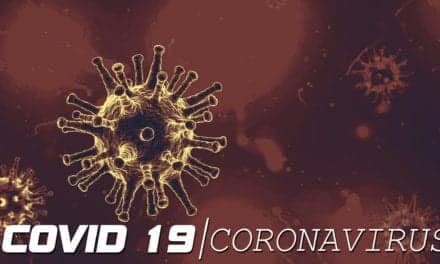St Jude Children’s Research Hospital, Memphis, Tenn, announced that researchers have found that variations of inherited genes are associated with rapid hearing loss in young cancer patients treated with cisplatin, a drug widely used to treat brain tumors and other types of cancer. In some patients, cisplatin causes debilitating side effects that can include hearing loss, according to researchers, and the risk factors involved are not completely understood. A research article describing the new findings about genes as a potential underlying factor appears in the February 9, 2015 online edition of the journal Nature Genetics.
“Even for children receiving uniform therapy, there is substantial variability in their hearing damage after cisplatin treatment, and we suspect this has to do with differences in patients’ genetic make-up,” said co-corresponding author Jun J. Yang, PhD, an assistant member of the St Jude Department of Pharmaceutical Sciences.
According to St Jude, whose research aims to understand how inherited genetic variations affect the way individuals metabolize and respond to drugs, scientists investigated the DNA of 238 young brain tumor patients for more than 1.7 million common genetic variations. Variations in a gene named ACYP2 were associated with as much as a 4-fold greater risk of cisplatin-related hearing loss. The research team reports that this screening is among the first to survey the genetic landscape for clues to help explain why the risk of cisplatin-related hearing loss varies so widely among patients.
“This is an important first step in being able to pinpoint patients who are at higher risk of developing cisplatin toxicity and to learn how to better manage that risk,” said co-corresponding author Clinton Stewart, PharmD, Department of Pharmaceutical Sciences at St Jude.
In a separate group of 68 young brain tumor patients, the St. Jude research team confirmed an association between the high-risk ACYP2 variants and cisplatin-related hearing loss. They report that this link was independent of other risk factors for cisplatin-related hearing loss, including patient age and radiation therapy. Twenty-four of the 306 patients in this study had at least one copy of the high-risk ACYP2 variant. The researchers found that all 24 patients had measurable hearing loss that occurred as early as weeks after beginning cisplatin treatment, but the ACYP2 variant explained a relatively small proportion of hearing damage.
Dr Yang said this finding suggests that other genes also contribute to the risk of hearing loss and are yet to be identified, and further research is needed to understand how the ACYP2 variations modify the risk facing patients of cisplatin toxicity. Further studies in this area could potentially lead to new medications to protect high-risk patients, or help identify candidates for intensive monitoring and early intervention to protect their hearing.
“Our primary goal is to cure children with brain tumors, but we also have a duty to help patients survive with a high quality of life,” said co-first author Giles Robinson, MD, an assistant member of the St Jude Department of Oncology. “Hearing loss can have a significant impact on a child’s quality of life, language development, and academic performance. There is no easy fix, but the more we know about the risk factors, the better we will understand how to use cisplatin.”
Source: St Jude Children’s Research Hospital, Nature Genetics
Photo credit: © Frantab01 | Dreamstime.com





